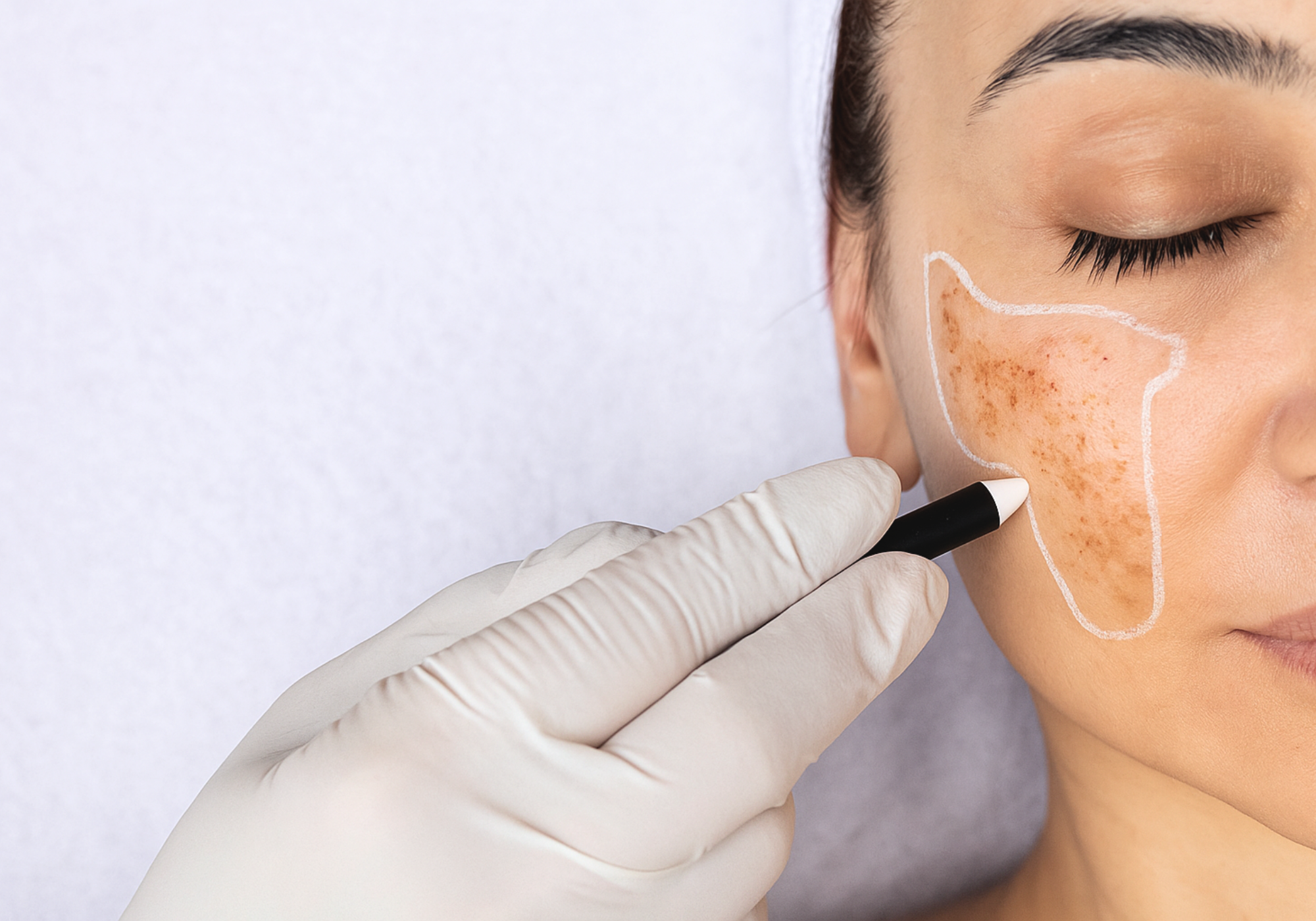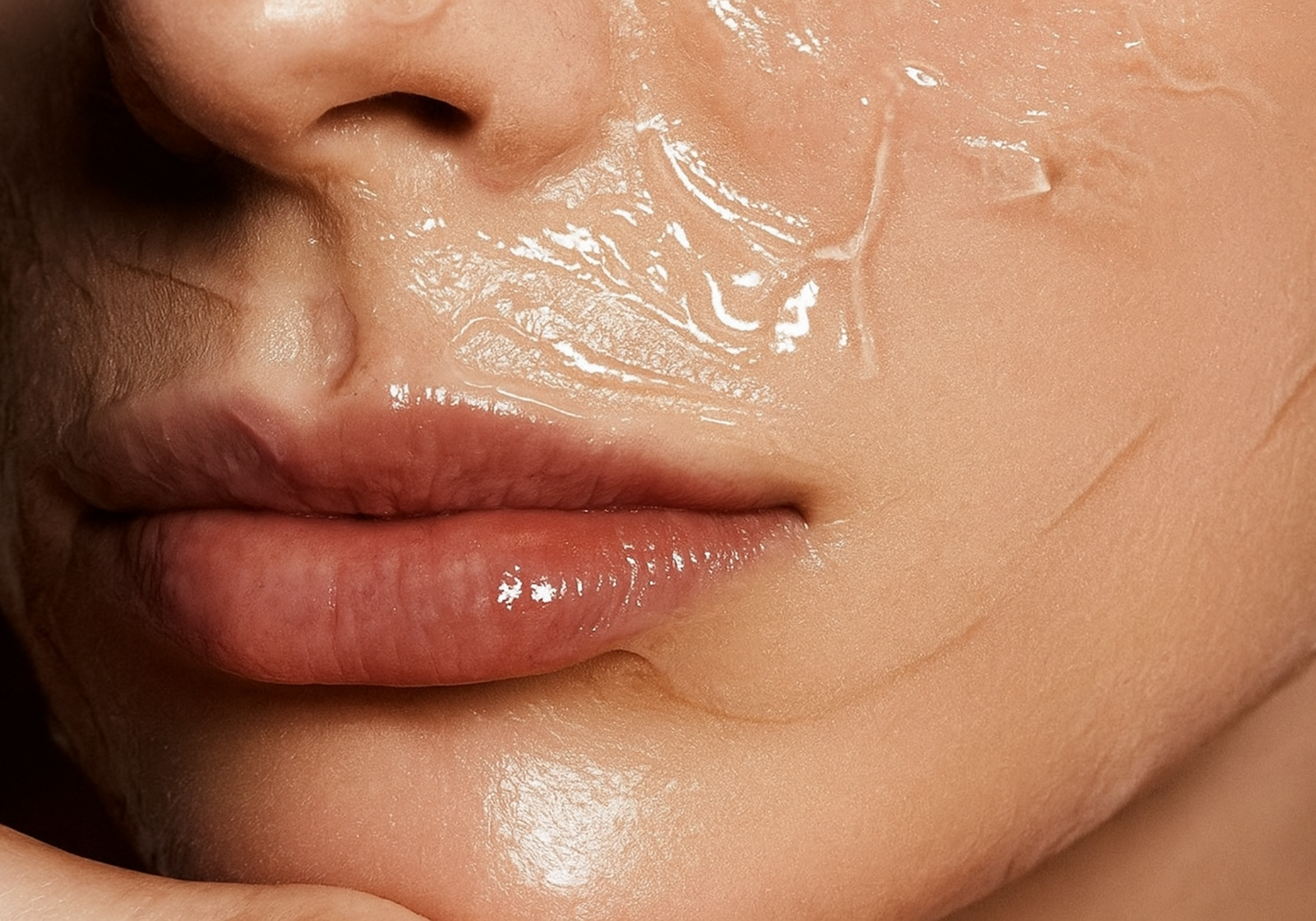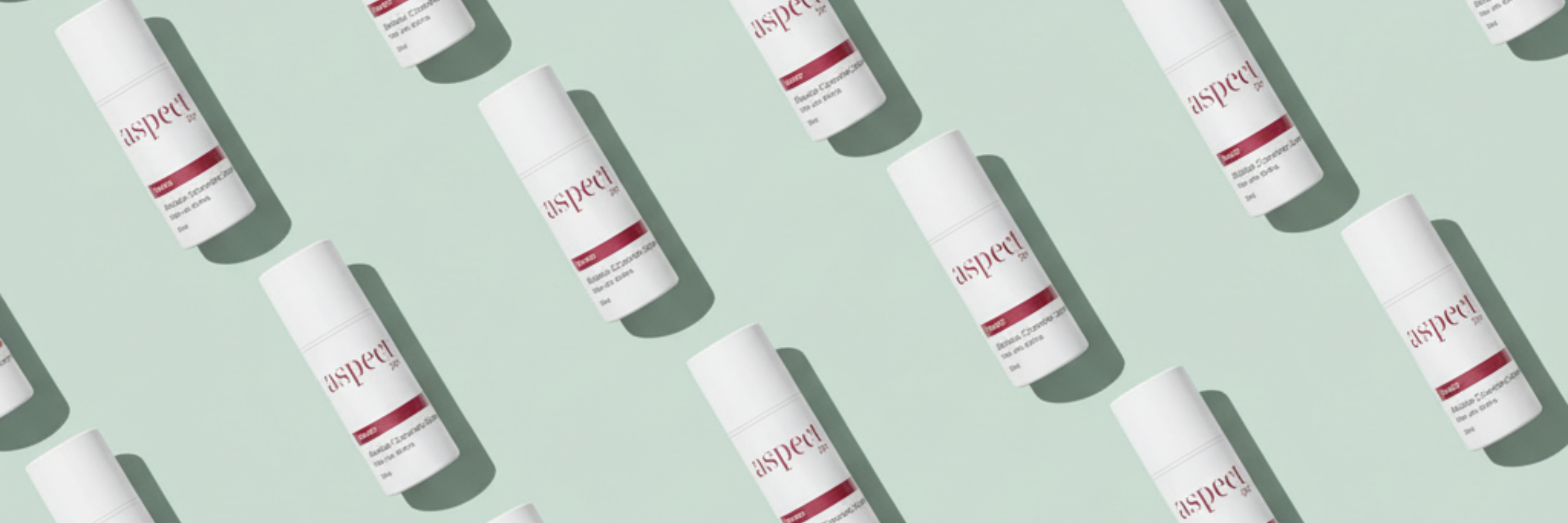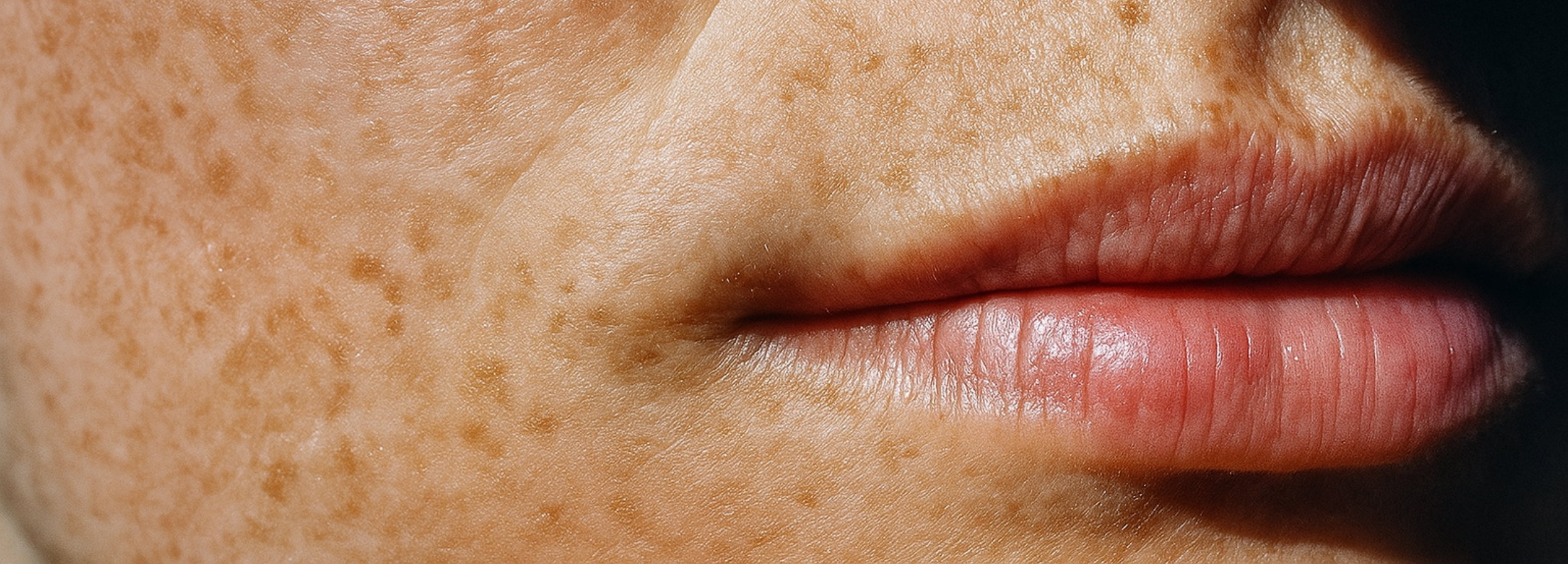
Understanding Hyperpigmentation
Hyperpigmentation refers to darkened patches or spots on the skin, resulting from excess melanin production. Common causes include:
- Sun exposure: UV rays trigger pigment overproduction.
- Hormonal changes: Pregnancy, menopause, or contraceptives can cause melasma.
- Inflammation & injury: Acne, cuts, or skin irritations often leave darkened spots behind.
At PCMC, we offer tailored consultations to accurately diagnose your pigmentation concerns and create a personalised treatment plan.

Common Types of Pigmentation
Sun Spots & Age Spots
Often called freckles or liver spots, these are small, flat brown patches caused by prolonged sun exposure. Regular checks and early treatment can help manage and fade their appearance.
Melasma
Characterised by larger brown or greyish patches, melasma frequently appears on the cheeks, forehead, upper lip, and nose. It’s usually triggered by hormonal fluctuations and worsened by sunlight.
Post-Inflammatory Hyperpigmentation
This type of pigmentation arises following skin trauma like acne, cuts, or eczema, leaving darker spots or marks that can linger if untreated.
Pigmentation Treatment Options
We offer a range of proven and advanced solutions, carefully matched to your skin’s specific needs:
- Intense Pulsed Light (IPL): IPL targets pigmentation by directing pulses of light to break down melanin. It's particularly effective for treating sun spots, freckles, and superficial pigmentation, restoring an even complexion.
- Topical Skincare: Specialised skincare products, including medical-grade formulations with active ingredients like Vitamins B and C and Hydroquinone, help lighten pigmentation, inhibit melanin production, and prevent further discolouration.
- Chemical Peels: Professionally administered peels exfoliate and renew the skin, significantly reducing the appearance of pigmentation while improving overall skin texture.
- Prescription Medications: For more persistent pigmentation concerns, prescription treatments are available and may be recommended by our clinical team.

Why Treat Pigmentation?
Pigmentation isn't merely a cosmetic concern—it can affect your confidence and overall skin health. Untreated, pigmentation can become more pronounced over time, especially under New Zealand's intense sun.
A professional assessment and targeted treatment approach ensure:
- Reduced pigmentation visibility.
- Enhanced skin clarity and radiance.
Prevention of future pigmentation concerns.
the New Zealand Sun
New Zealand's intense UV rays make pigmentation issues particularly common and challenging. The ozone layer is thinner here, increasing skin damage risks. Protecting your skin and managing pigmentation proactively is key to maintaining a youthful, healthy complexion.
FAQs
Hyperpigmentation can result from sun exposure, hormonal changes (e.g. pregnancy, contraception), inflammation, skin injury, or certain medications. Understanding your skin’s triggers is the first step to treating it effectively and preventing further flare-ups.
Pigmentation often worsens over time if left untreated — especially in New Zealand’s high UV climate. Clinical treatments can help fade existing pigmentation and prevent new patches from forming, improving clarity and restoring even tone. Without treatment, pigmentation may remain resistant to topical skincare alone.
Post-treatment, it's crucial to protect your skin. Use a broad-spectrum sunscreen daily, wear protective clothing, and limit direct sun exposure. Gentle skincare, hydration, and avoiding harsh scrubs or exfoliants are also important.
It depends on the type and depth of your pigmentation. We offer options like:
- Dermamelan® for melasma and stubborn pigment
- IPL for sun damage and redness
- Chemical peels to resurface and brighten
- Microneedling to improve pigment + texture
We’ll recommend the right approach based on a full skin assessment.


